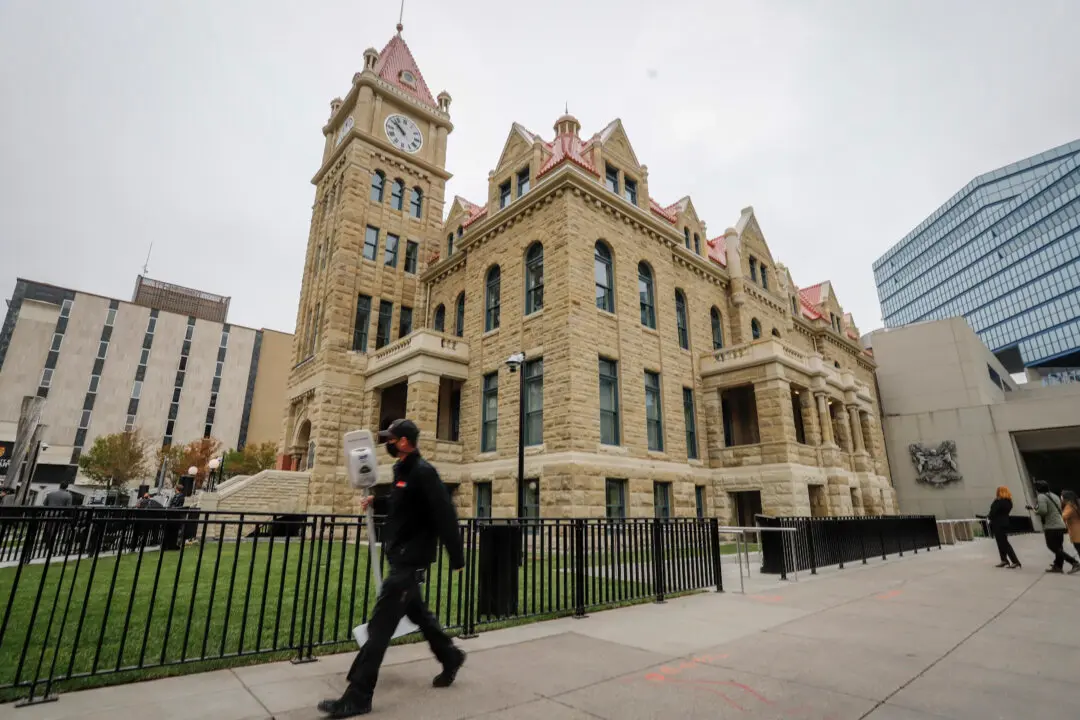Saskatchewan’s government has officially introduced Bill 137, dubbed the “Parents’ Bill of Rights,” which includes a policy that schools must obtain parental consent if a student wants to change their preferred pronouns.
The proposed bill has led to heated discussion in the legislature and a lawsuit in which an interim injunction temporarily pausing the policy was approved by the Court of King’s Bench in Saskatchewan.





